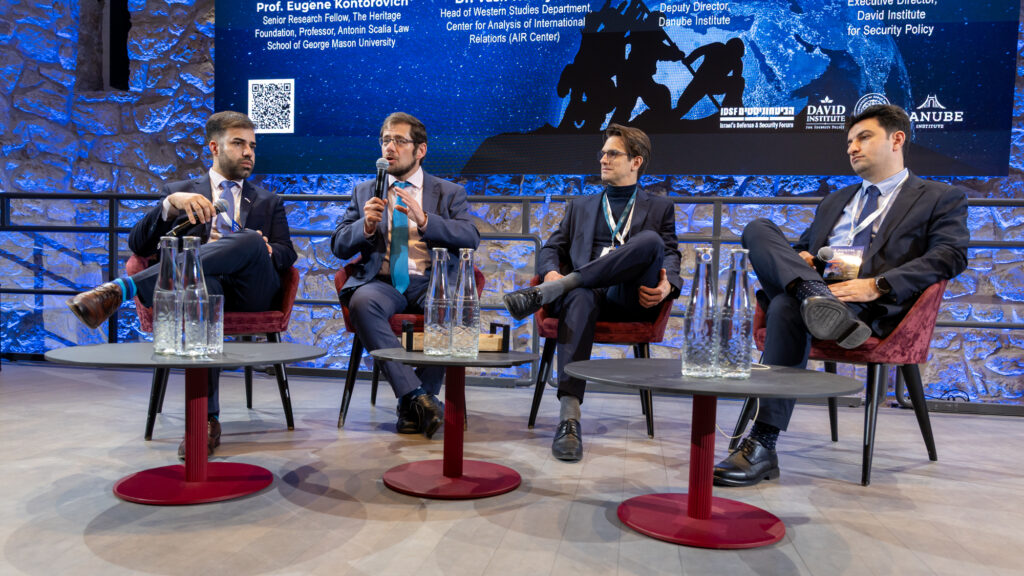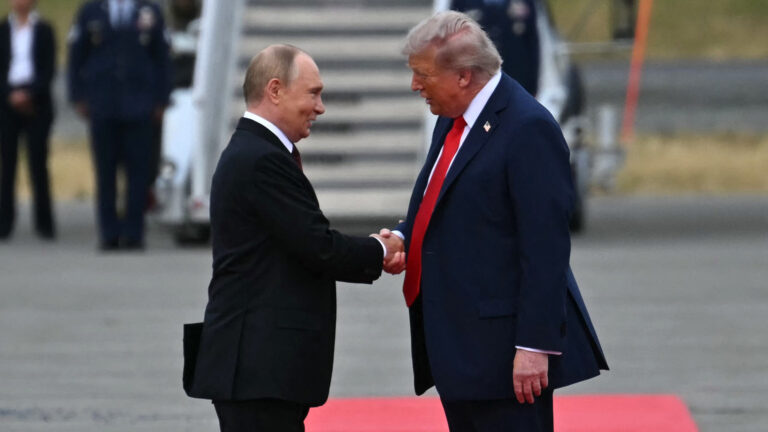In recent years, Europe has found itself at the intersection of two crises: demographic decline and migratory pressure.
Yet while policymakers continue to debate numbers, quotas, and border controls, they too often ignore the deeper question that underpins every successful migration model—the question of civilization. Who are ‘we’? And who do we invite to join ‘us’?
This was the guiding premise of my recent study for the Danube Institute, The Empire Strikes Back: Why Civilisational Aspects Matter in Migration Policy. The report explores how three former European empires—Spain, France, and the United Kingdom—have inherited not only migrants from their former colonies but also the cultural consequences of how those empires were built. Their contrasting experiences reveal a truth that Europe, in its technocratic caution, has been reluctant to acknowledge: integration succeeds where civilizations align, and fails where they diverge.
Spain’s Forgotten Success Story
Spain, often overlooked in Anglophone migration literature, offers the most striking case of cultural continuity. Nearly four million Hispanic Americans now live in Spain—around 10 per cent of its population—and their integration has been remarkably smooth. They share not only a language but also a faith, legal tradition, and collective memory. Migration for them is not a rupture but a return.
‘Unlike Britain or France, Spain’s colonial world was built on conversion, intermarriage, and shared institutions’
In this, Spain benefits from its imperial model: a civilizational or ‘replicative’ empire that sought to reproduce itself overseas rather than merely extract resources or dominate subjects.
Unlike Britain or France, Spain’s colonial world was built on conversion, intermarriage, and shared institutions. The Hispanic world that resulted—what we might call La Hispanidad—remains a living civilization, not a nostalgic relic. It explains why Spain can absorb Venezuelans, Peruvians, or Colombians with relative ease, while struggling to integrate migrants from North Africa or the Sahel. The civilizational distance is too great.
France and the United Kingdom: The Legacies of Distance
France’s universalist republican model and Britain’s multicultural pragmatism represent two different, yet equally problematic, imperial afterlives.
France promised equality in theory but practised exclusion in reality. Its banlieues have become islands of alienation, where the Republic’s secular creed offers little meaning to communities that retain strong Islamic identities. Integration, here, is not a process but a demand for surrender.
Britain, meanwhile, pursued pluralism without unity. Its multicultural model allowed for parallel societies where shared citizenship did not translate into shared belonging. The result has been decades of tension—from the 2005 London bombings to the grooming gang scandals—revealing the limits of tolerance when unmoored from moral or cultural consensus.
In both cases, the same paradox emerges: inclusion without integration. France’s universalism and Britain’s pluralism were noble in intention but blind to the reality that not all civilizations are equally compatible.
The Civilizational Variable
The Spanish, French, and British examples together illuminate a neglected variable in migration policy: cultural proximity. When newcomers share the host society’s language, religion, and symbolic order, integration is not only possible—it is natural.
When they do not, no amount of bureaucratic design can substitute for civilizational distance.
Hungary, often criticized for its restrictive migration stance, seems to grasp this reality instinctively. Its insistence on cultural and religious coherence is not xenophobia but prudence—a recognition that political stability depends on civilizational clarity.
Europe’s more ‘open’ societies could learn from this. For all its political incorrectness, the notion that ‘similar peoples integrate more easily’ remains a self-evident truth.
From Numbers to Nations
If Europe is to survive its demographic winter, it must rediscover the moral language of belonging. Migration cannot be reduced to economic calculus or humanitarian reflex. It is a civilizational decision—about continuity, not merely capacity. The question is not whether Europe needs migrants, but which migrants it can genuinely integrate without fracturing its cultural core.
‘Migration cannot be reduced to economic calculus or humanitarian reflex’
Spain’s experience offers one possible template: a model of selective openness based on historical and linguistic affinity. Its preferential pathways for nationals of Hispanic America or the Philippines are not discriminatory but rational—a policy grounded in empirical success. France and the UK, by contrast, demonstrate the cost of ignoring civilizational fit: perpetual social tension and the erosion of national identity.
Europe’s Strategic Crossroads
As the continent faces renewed migration waves from Africa and the Middle East, the challenge is no longer logistical but existential. Will Europe define itself by its civilizational heritage—Greco–Roman, Christian, humanist—or by a bureaucratic abstraction of universal rights detached from culture?
The answer will determine whether Europe remains a coherent political civilization or dissolves into a multicultural archipelago.
In this regard, Hungary and its Central European allies represent not the exception but the avant-garde: societies that understand sovereignty not only as control of borders but as stewardship of identity. Western Europe would do well to observe their example before it is too late.
Related articles:







